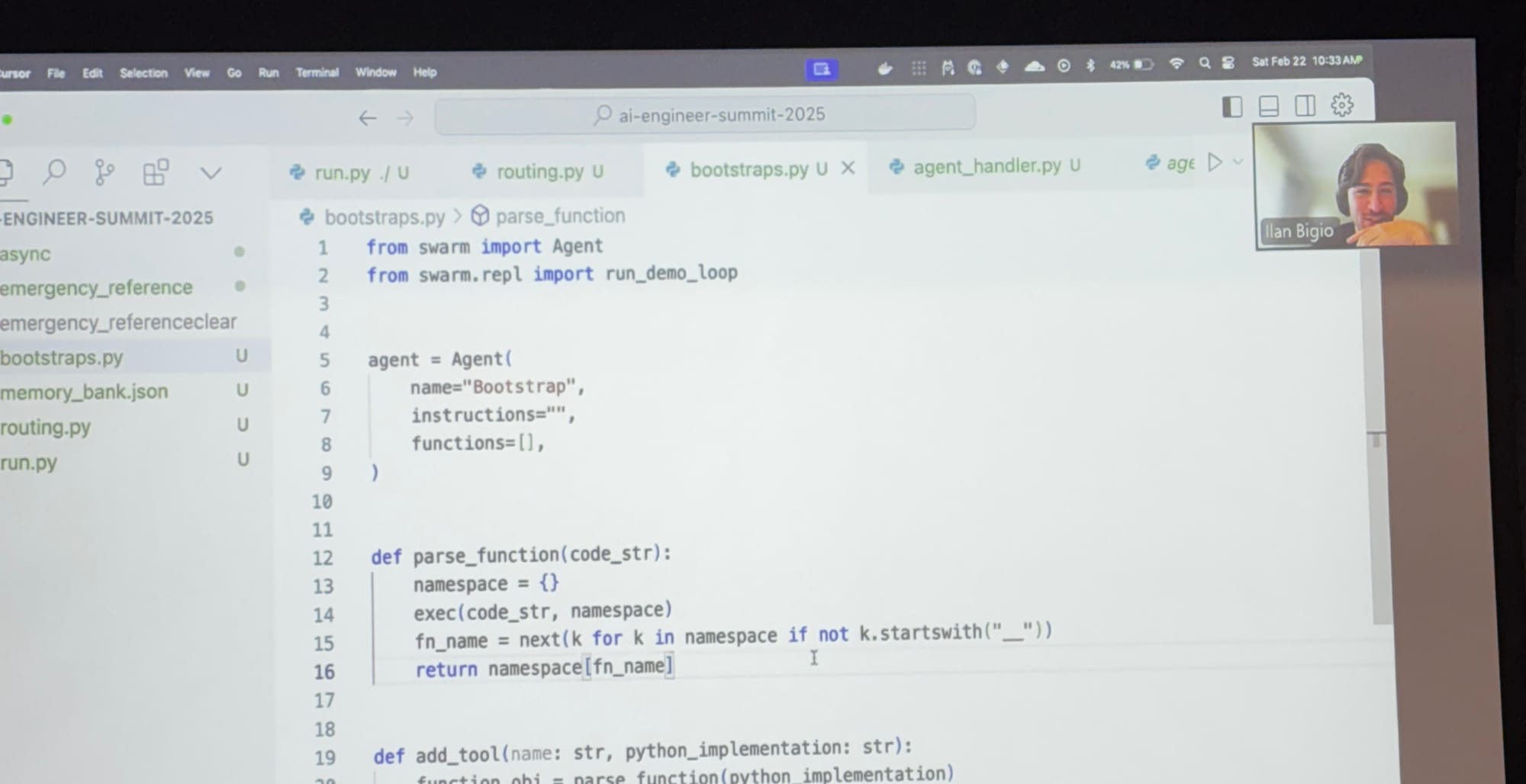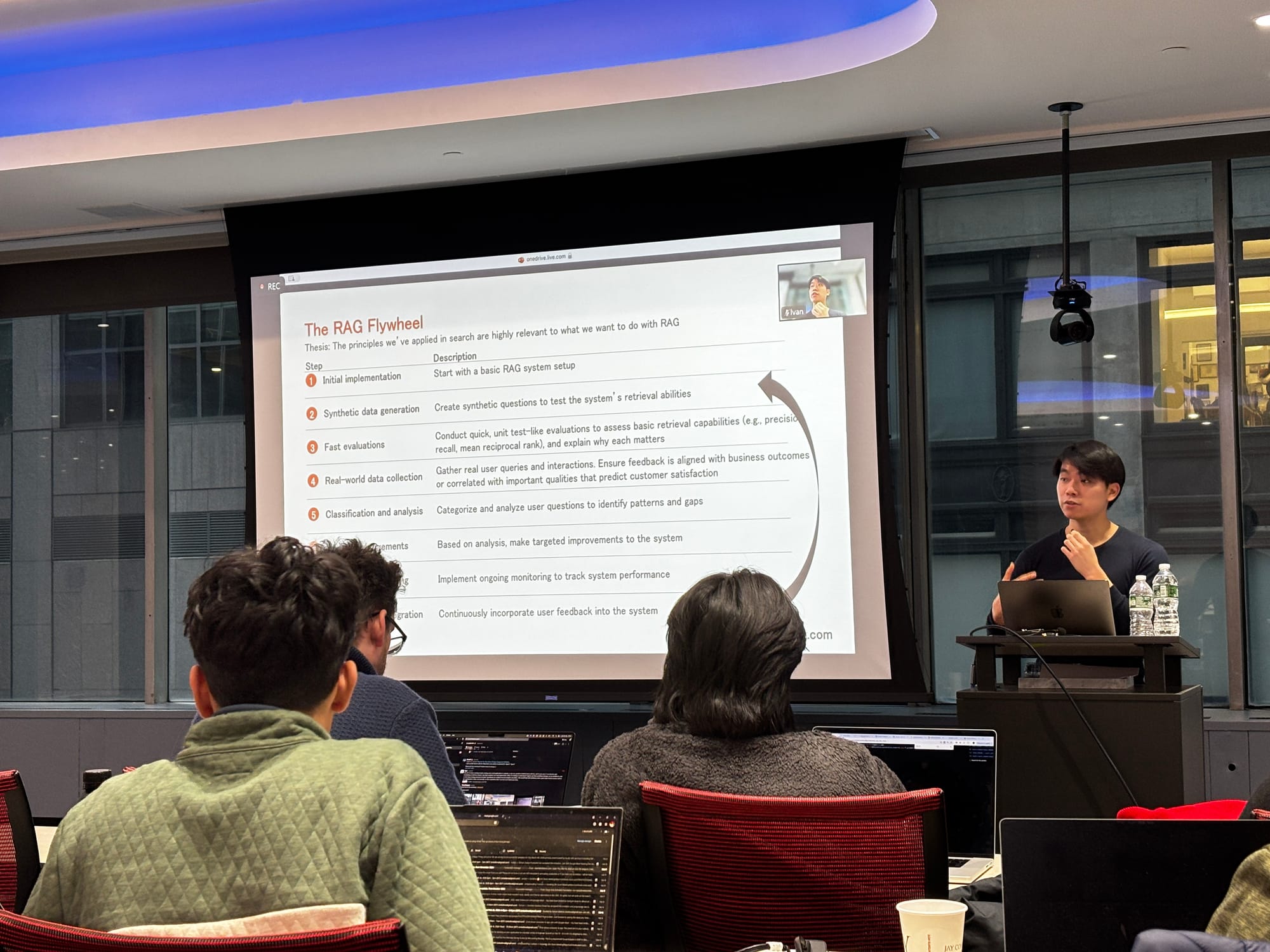Too Many Agent Frameworks? Here’s What Actually Looks Good

My thoughts after attending the AI Engineer Summit 2025 in New York...
One of the most important takeaways for me from the AI Summit was the rapid evolution of AI frameworks and tooling. The pace of development is incredible, and new, better libraries are emerging constantly.
So far, popular tools like Langchain have — in my opinion — felt somewhat immature, overly abstracted, and unnecessarily complex. In fact, Anthropic has even recommended avoiding these types of libraries in favor of keeping agents simple — a view I strongly agree with.
But things are starting to shift. Two new serious contenders have recently entered the scene: Pydantic AI and OpenAI’s newly released production grade Agents SDK. The latter is especially interesting if you're already building within the OpenAI ecosystem and have been using their previous "experimental" Swarm -library.

The OpenAI Agents SDK is lightweight and simple, yet likely sufficient for the majority of agent implementations. As a bonus, you get OpenAI’s built-in web and file search tools and a free tracing backend out of the box. In contrast, tracing is the commercial angle for Pydantic AI — you'll have to pay for that feature.
Experience seems to show that tracing is essential, especially when developing complex or sensitive agents. That’s likely why both of these new frameworks have native support for it.
All in all, I’d say OpenAI now offers a fairly complete package — especially if their file search (i.e. RAG implementation) proves to be solid. The main hurdle will be data security: can you actually store documents in OpenAI’s systems or not?
Meanwhile, open-source RAG frameworks are popping up like mushrooms after the rain — many of them complex graph-based implementations. Tuning these can be time-consuming and often still yield unreliable results. And for Finnish use cases, additional challenges arise from embedding models and semantic search that don't always handle the language well.
